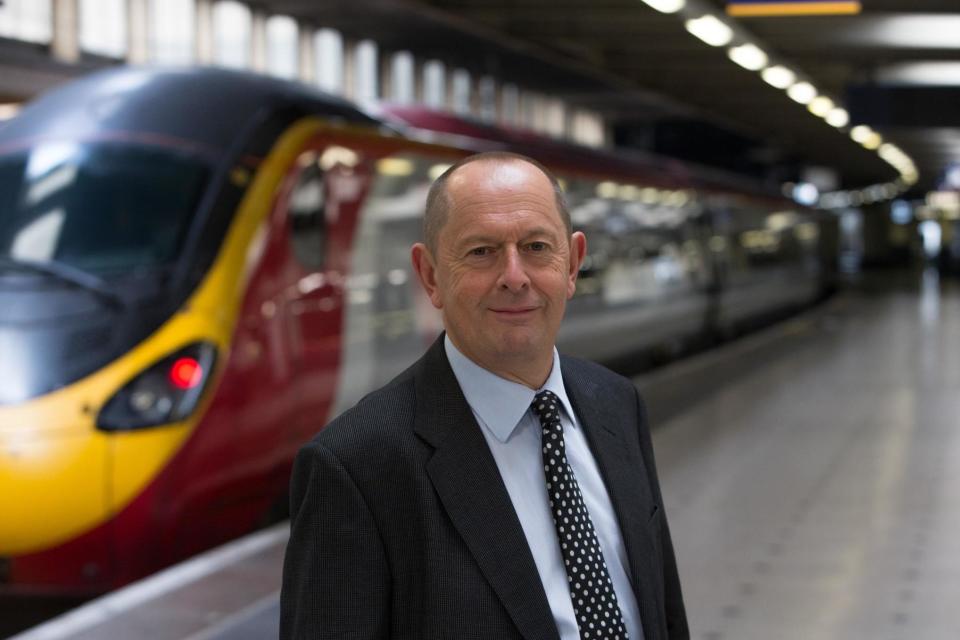We need our railways to run like clockwork

How was the railway timetable revolution for you? I was at St Pancras from early yesterday morning right through the peak rush hour to watch the first day of the biggest change in train schedules in years.
Yes, some trains were cancelled and some delayed . But what stood out even more was the crowding. Was it worse than normal? Or has the new timetable boosted capacity, as it was supposed to? Time will tell as passengers adapt and more new services are added over the next few weeks.
It’s certainly a revolution. Years in the planning, almost half of Britain’s 19,000 services have new times. For many these changes mean more trains and seats, longer trains and more choice on destinations. All of Thameslink, Southern, Great Northern and Gatwick Express trains — routes which carry more than one in five of Britain’s rail passengers — have new schedules.
As a result, London, from St Pancras to Blackfriars and beyond, effectively has a new Tube service with trains every few minutes in the peak (shame it’s not shown on the Tube map, thanks to Transport for London resisting the idea). While not many people may travel all the way from Horsham to Peterborough or Cambridge to Brighton, the links in between to Gatwick Airport and London Bridge are really useful. London Bridge is back on the Thameslink map. So, the intent and the investment are good.
While the industry consultation and communication has been adequate, it was always going to be a bit tense on the first full morning. The industry has had trouble doing timetable and driver training planning: too many changes, not enough planners and creaking IT systems. At Transport Focus we criticised the failure to provide timetables 12 weeks in advance last autumn. The industry is still not there yet.
And even if they run smoothly, not everyone will be happy with the new routes. Changes affect people’s daily routine. If you travel from Bedford, Luton or Wellingborough, for instance, you have lost out. Peak-time services from Wellingborough to Bedford are now by bus. Some passengers have found that they have to catch an earlier peak fare train, so are paying more. We are calling on train companies to ensure passengers are not out of pocket because of this.
Changing times might be pushing people on to different, already busy, services. While an eight-carriage train might have worked in the past, the pressure on the system means 12 carriages are needed. We will keep a close eye on these crowding levels. The new services have to run like clockwork.
Yesterday there were lots of staff around and good information at places like Blackfriars — but this is no substitute for sticking to the railways’ basic promise. Run the trains on time.
Anthony Smith is chief executive of Transport Focus, Britain’s rail watchdog

 Yahoo News
Yahoo News 